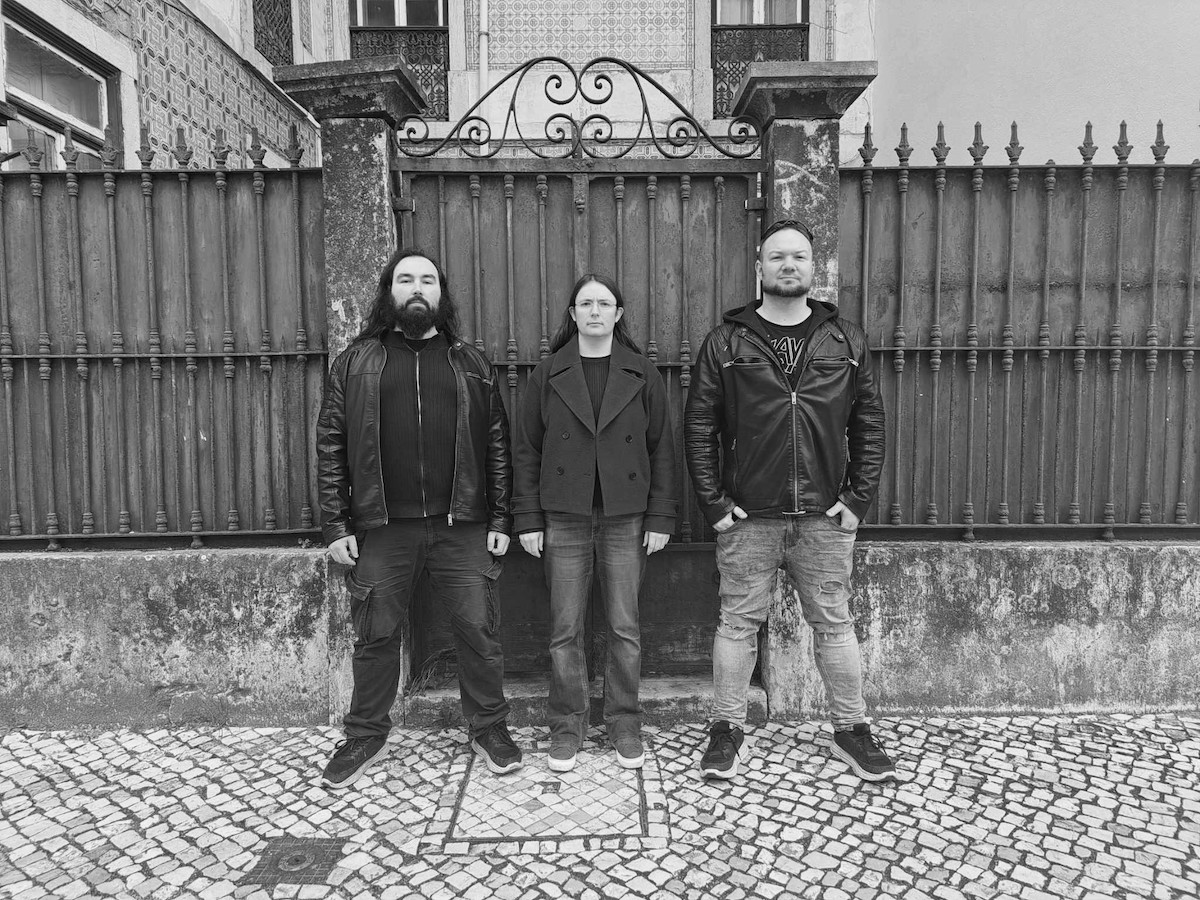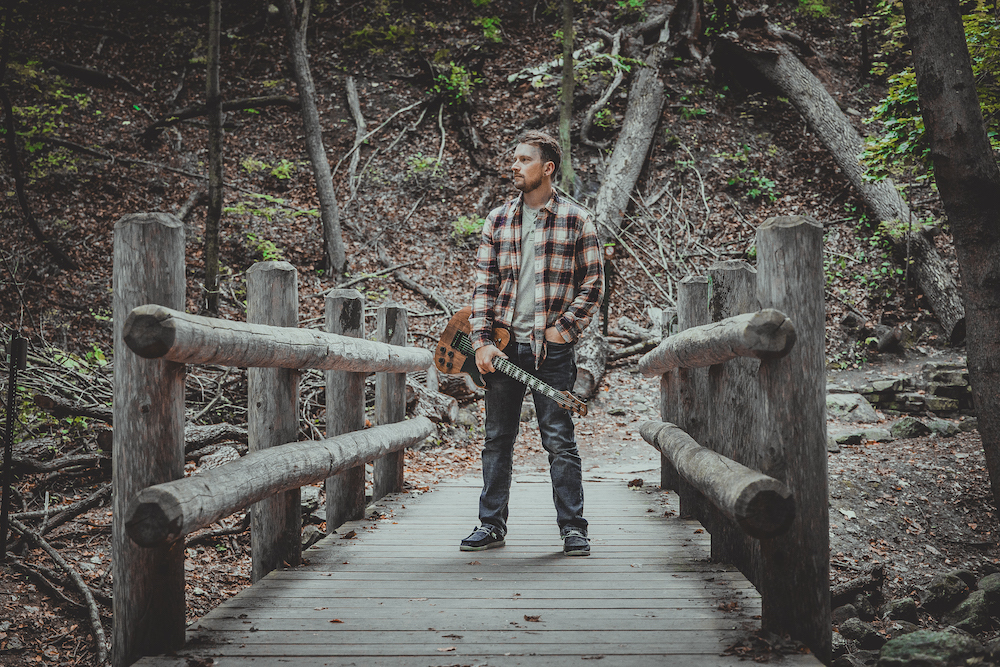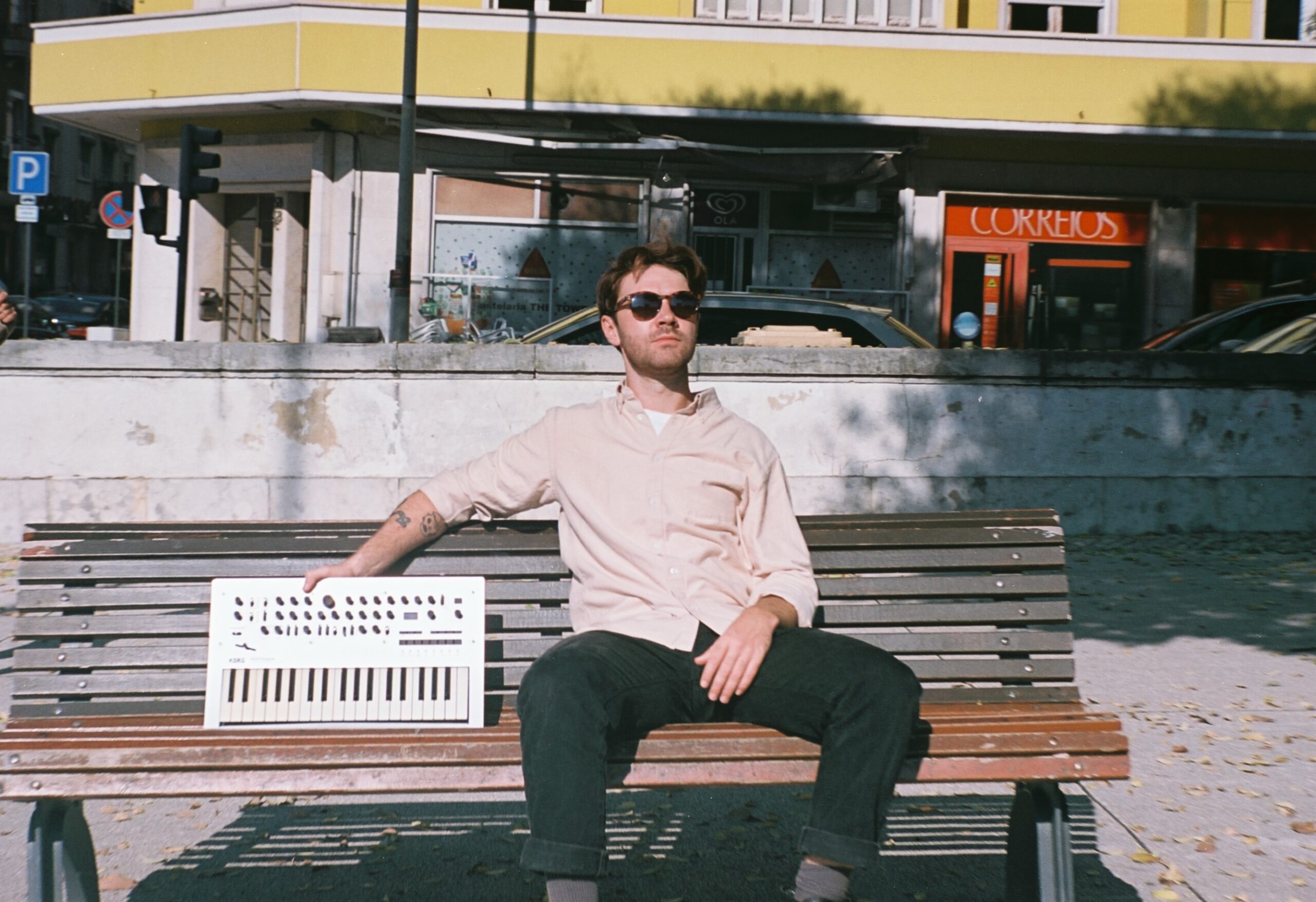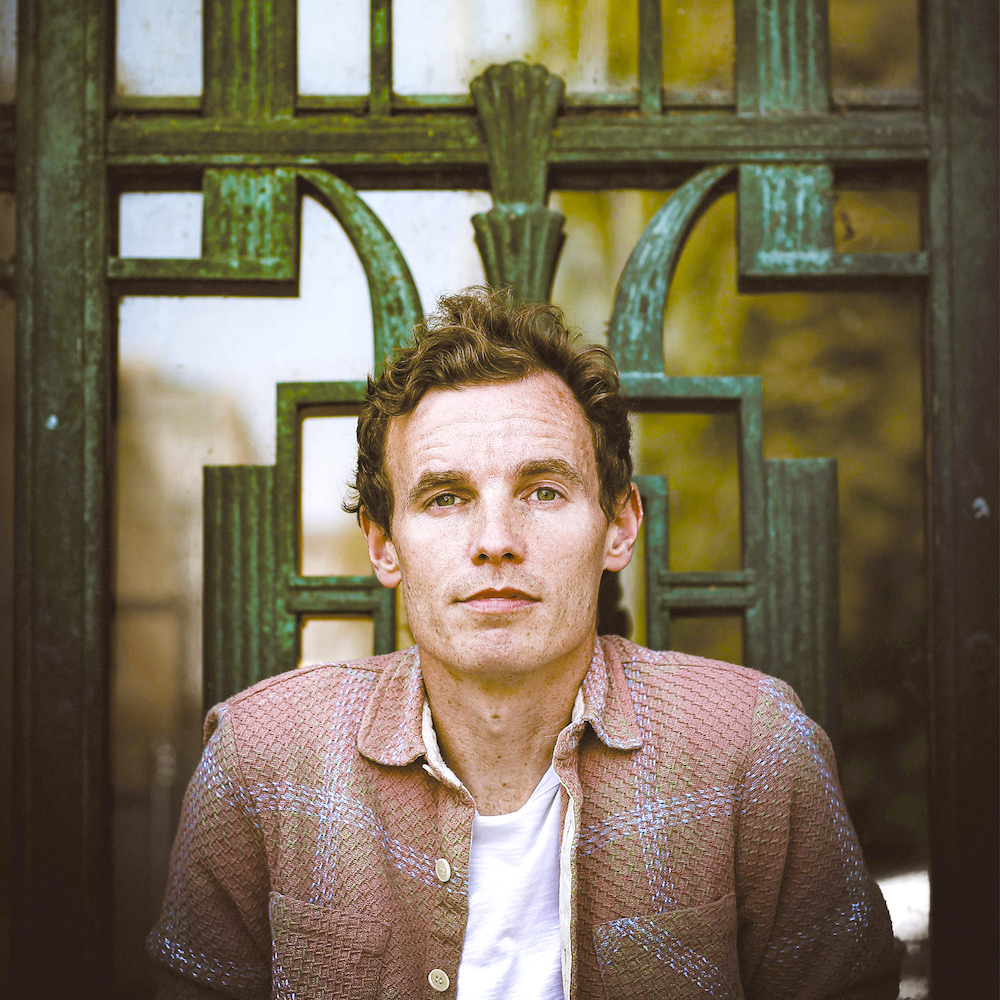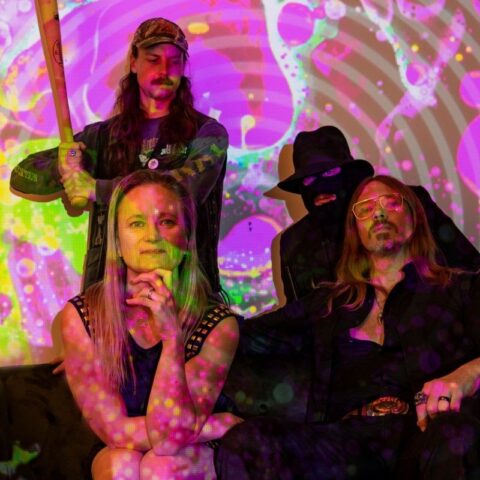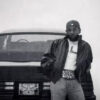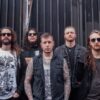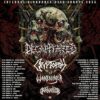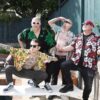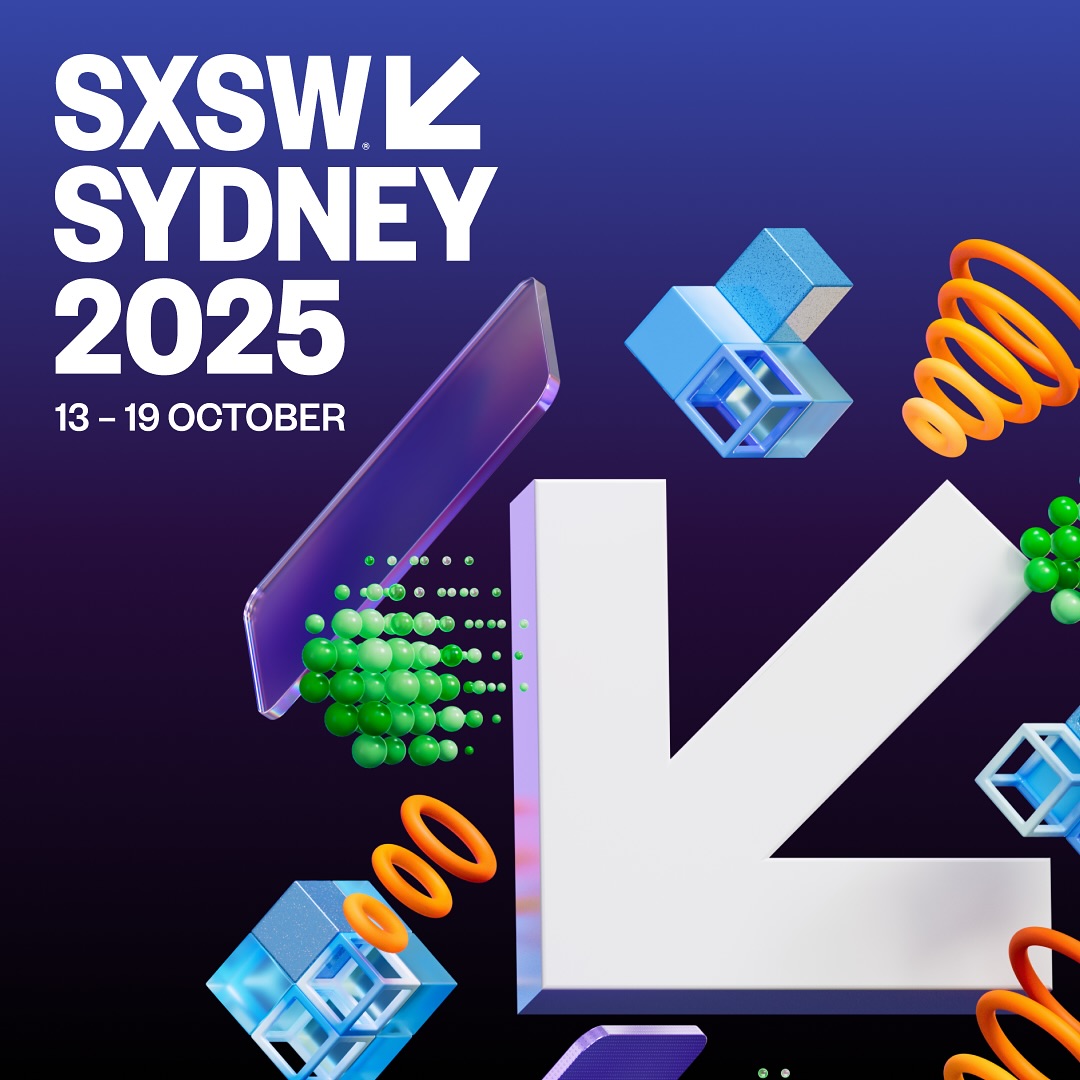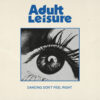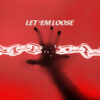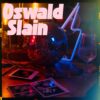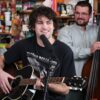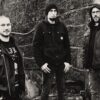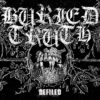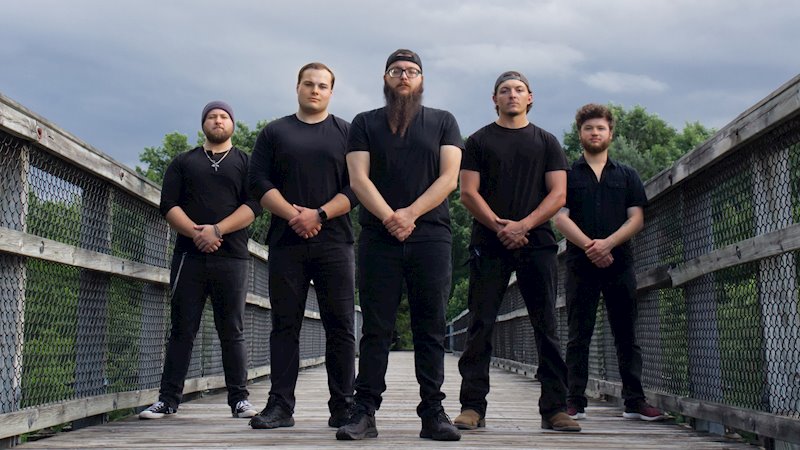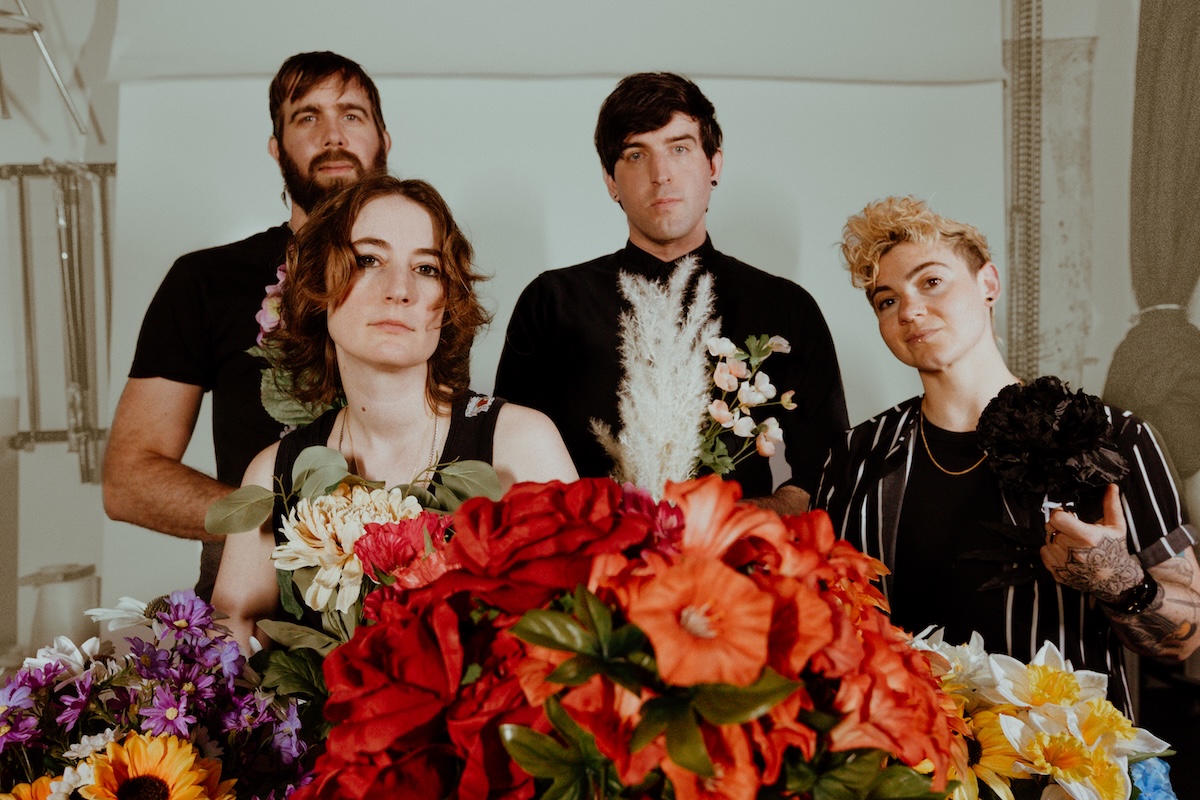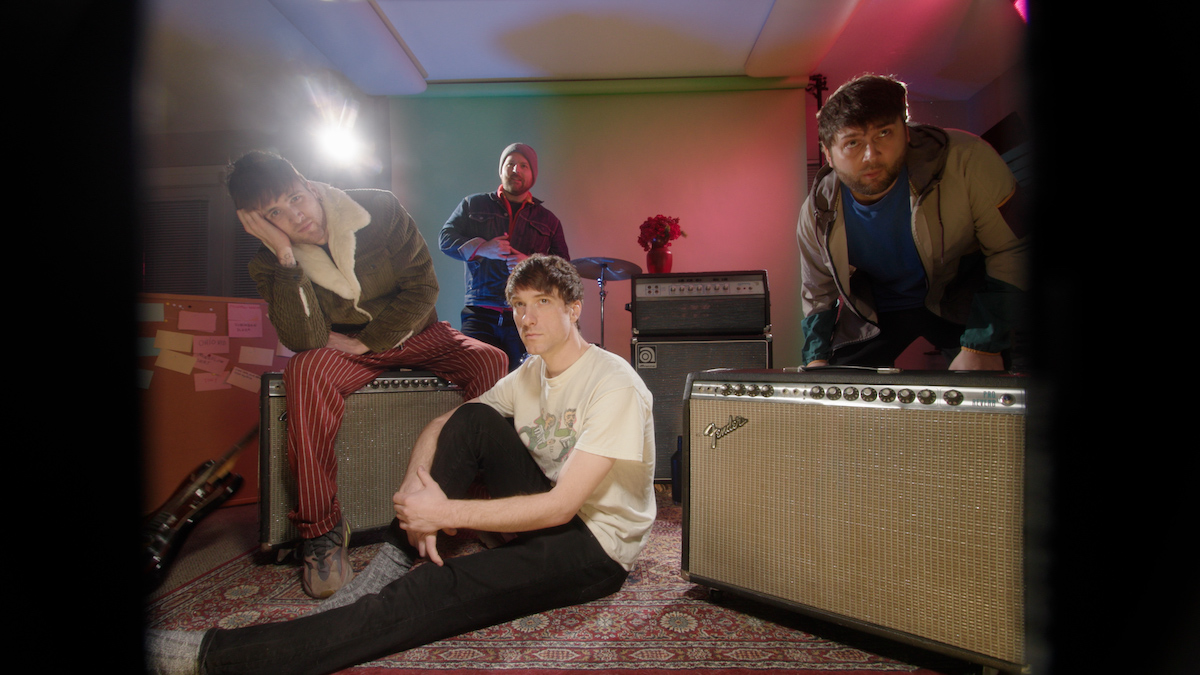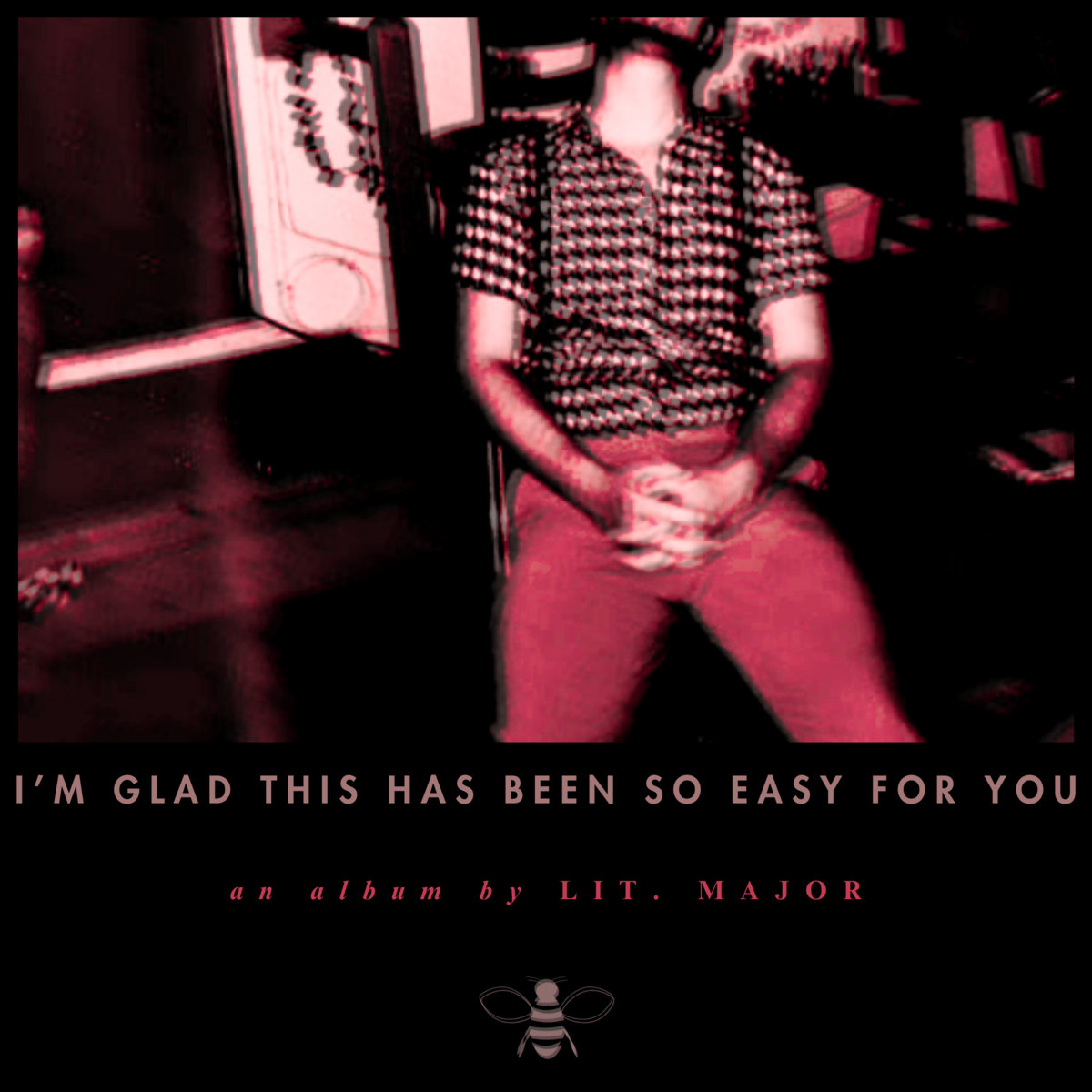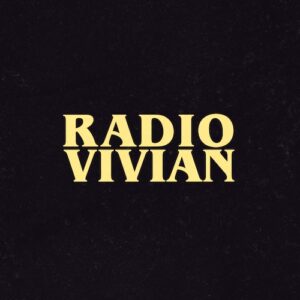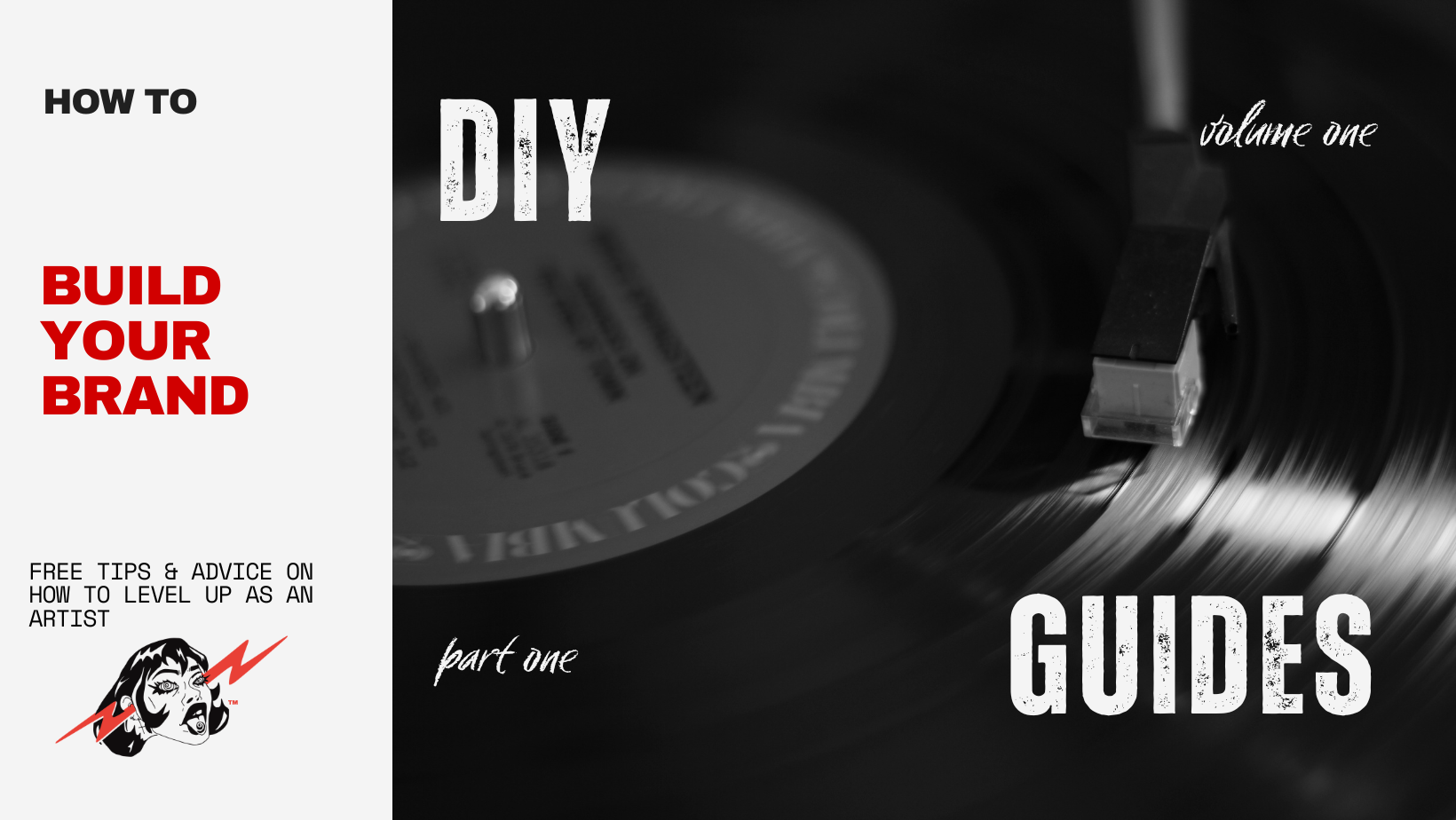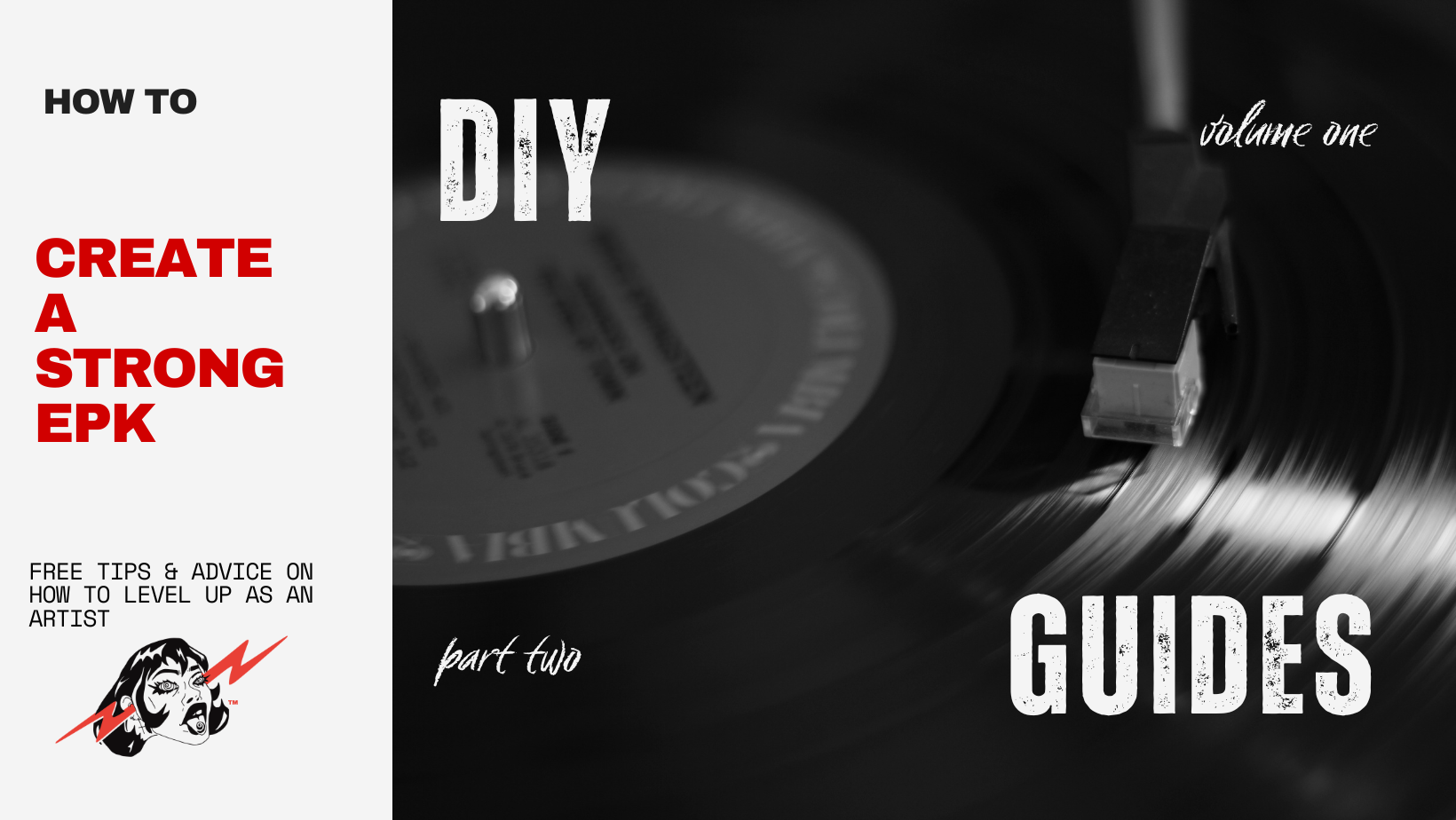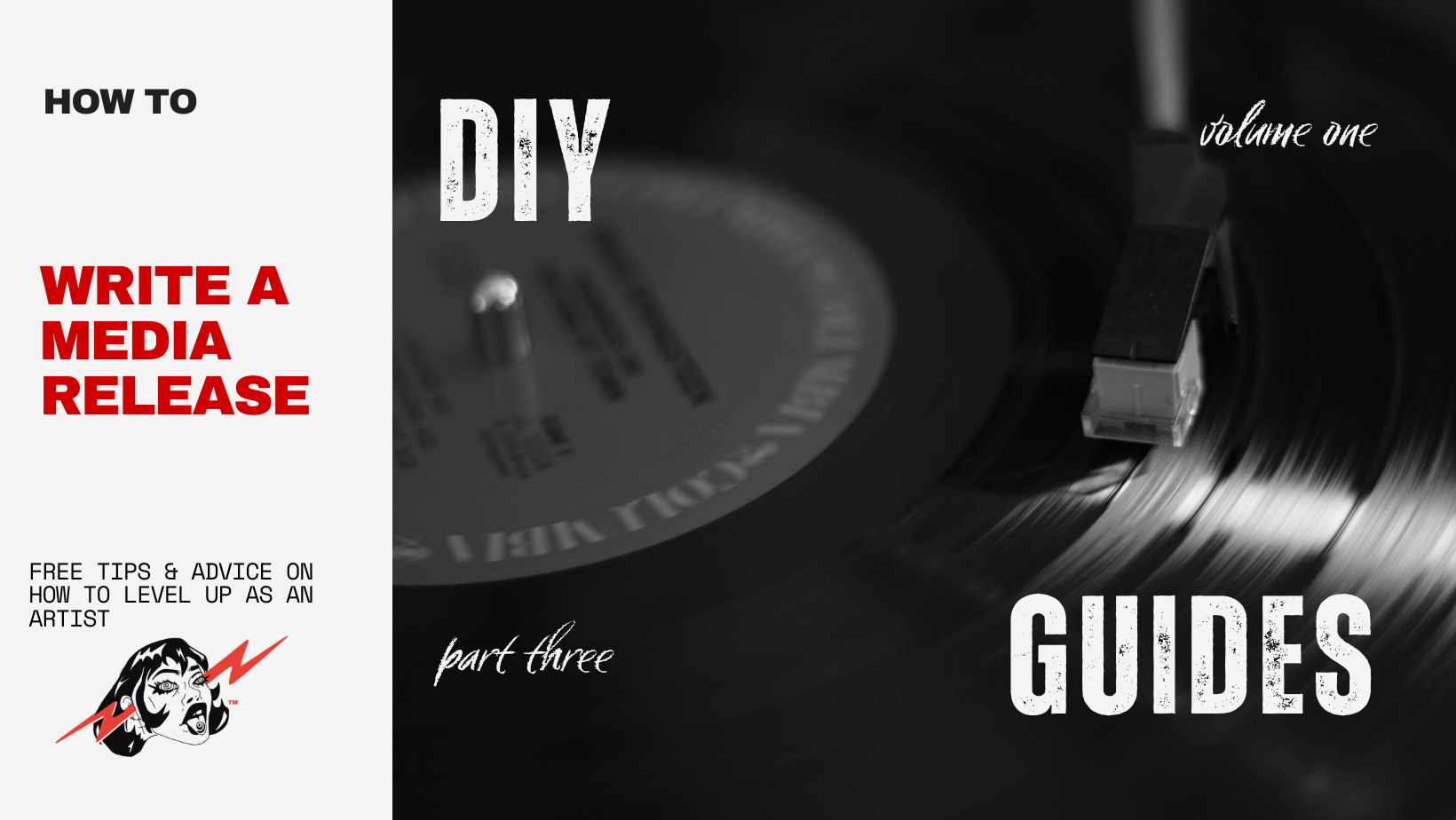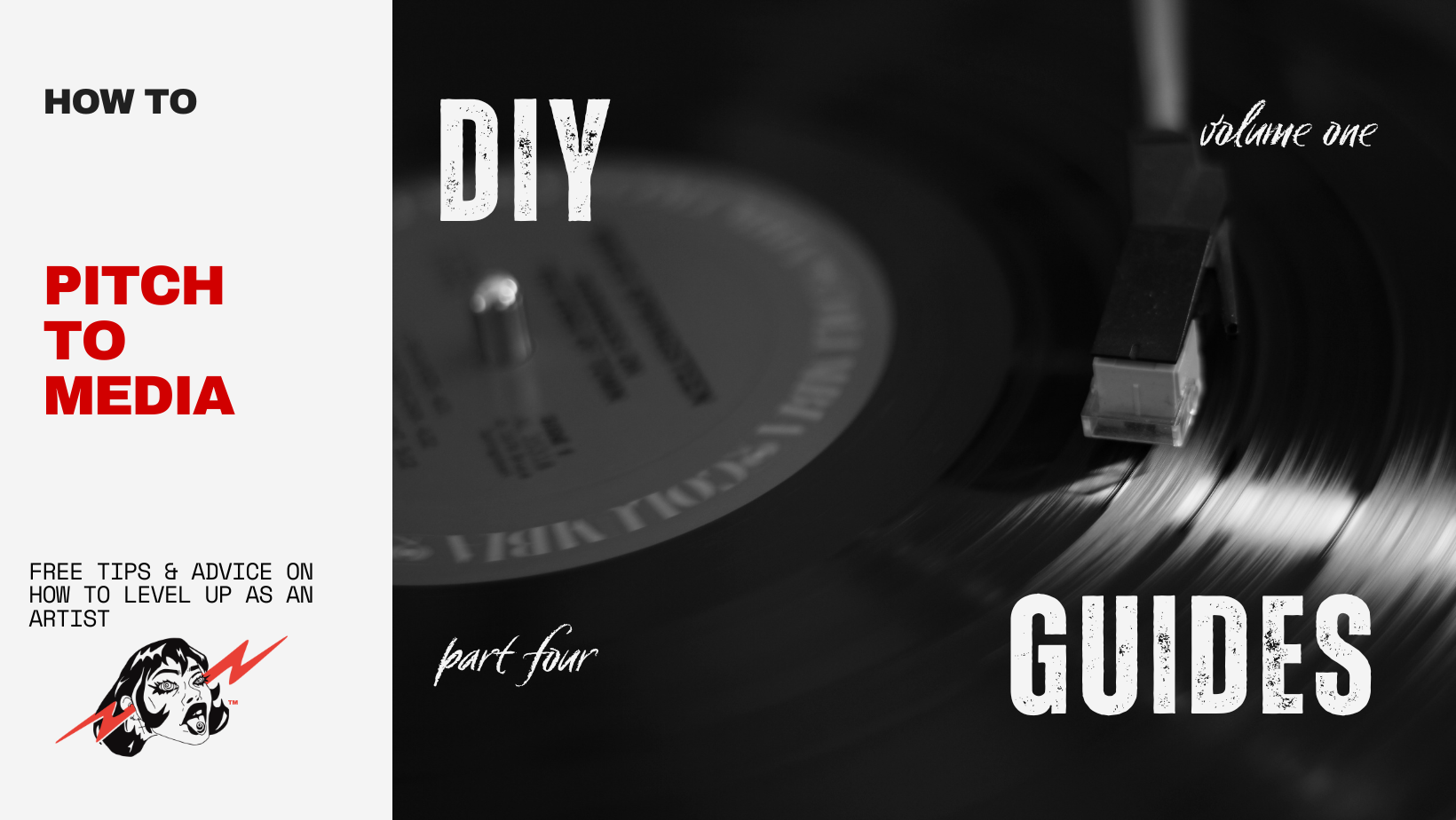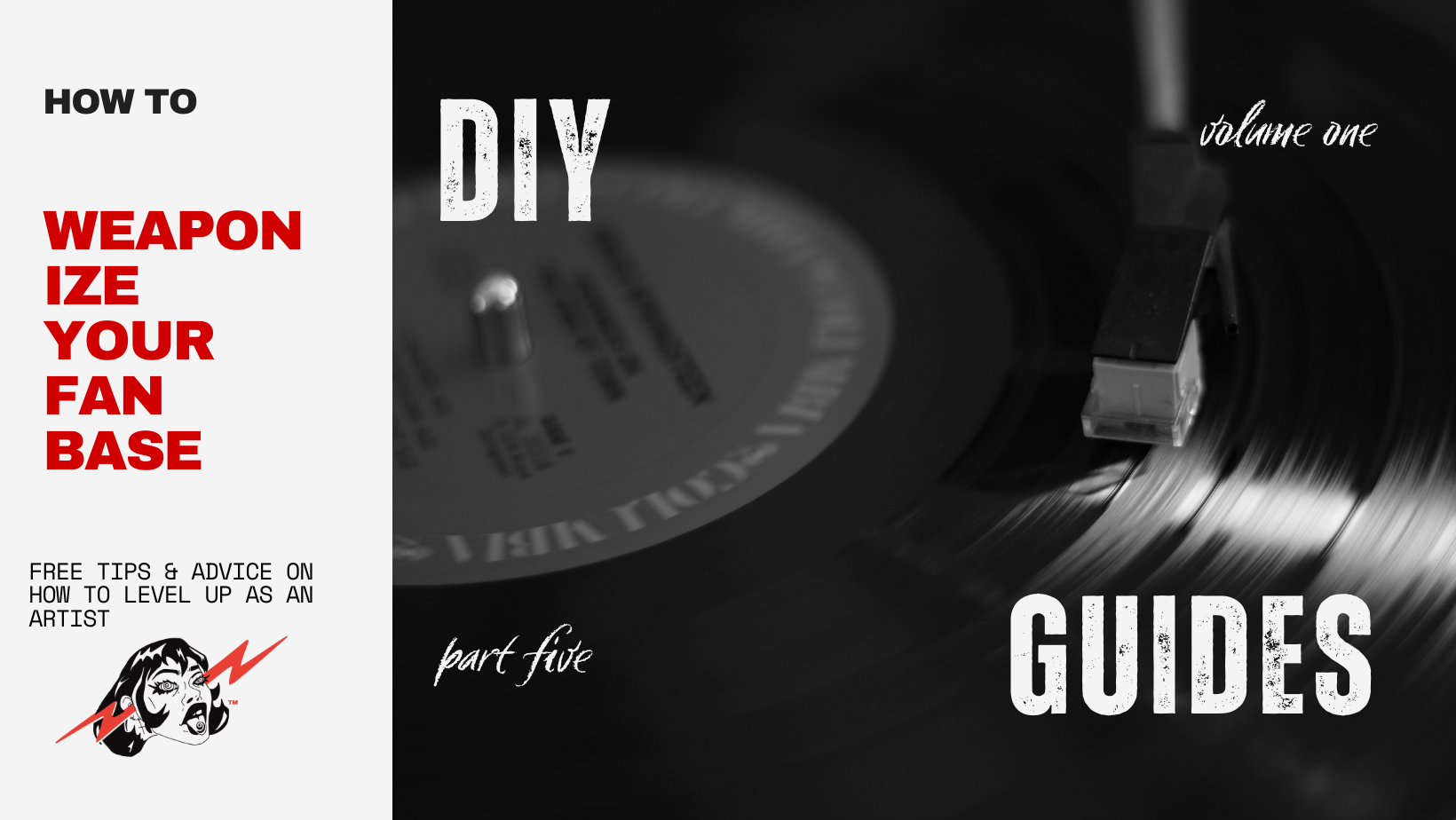In A Conversation with…Dreamslain, the band dives into the inspiration behind their upcoming album, Forge of Rebellion, shedding light on how empathy and activism shape their songwriting. With a darker tone than its predecessor, the album reflects the tumultuous world events since 2021. As they prepare for their album release show in Tromsø and look ahead to exciting plans for 2024, Dreamslain’s dedication to their craft and their message is evident. Dive into the full interview to uncover the intricate layers of their music and the powerful messages they convey.
ATN: Can you tell us about the inspiration behind your upcoming album, Forge of Rebellion, and how the themes of empathy and activism influenced your songwriting process?
DREAMSLAIN: Thank you for this question. While it might appear that the album has an overall theme, we didn’t set out to write an album with a common theme or concept. The songs started from many different ideas, but eventually converged in a common theme. I think partially it has to do with how world events unfolded around us since the release of our previous album, Tales Of Knights And Distant Worlds in 2021.
I would say this album definitively is darker than its predecessor. In 2020 one had a hope of the world coming together to solve a common problem, which was something we could no longer see in 2022 or 2023.
The darker themes also affect how fantasy themes are brought into the song lyrics. Gone are knights in shining armour. Instead you get gothic ghosts and apocalyptic landscapes.
The final song on the album, “Humankind’s Fall”, sums up probably best up our thoughts about the current state of the world. It is still an activist song, but it is also clear on the dystopian alternative to empathy and activism.
The one song that is still in a high fantasy setting, “The Dragon Of Ice”, deals with the loss of innocence and growing up to face the struggles of war and cruelty. It also gives hope, where a mythical creature in the end also solves the struggles and saves the day, urging you not to give up the dreams of childhood.
ATN: The album’s opener, “Secrets of the Forge,” seems to set the tone for the entire release. How does it connect to the album’s overarching message?
DREAMSLAIN: This song is a great example of how the initial idea evolves into an activist song. We were writing a song set in mediaeval times, with general heroic themes of fighting subjugation and evil overlords. A bit like Gamma Rays’ “Rebellion in Dreamland” or Medieval Steels’ “Medieval Steel”. However, a proper heroic song would have to bring in empathy and activism. There’s no heroism that isn’t activist as well.
Then there were big demonstrations by Norwegian indigenous peoples, the Sámi, as well as ecological activists protesting against the Norwegian parliament ignoring the Norwegian supreme court’s ruling on indigenous land rights. So it made sense to connect the activist struggles of today with struggles in the past.
There were several struggles I wanted to bring into the song, like Spartacus, but in the end I had to narrow it down, and kept the 2nd world war and the trans-atlantic slave trade and people of colour fight against slavery both with the Underground Railroad and Robert Smalls commandeering of a Confederate ship. Of course, both Robert Smalls and Spartacus would deserve their own songs, something I hope to have on a future release.
“Secrets of the Forge” is not a call to peaceful activism. Unfortunately we have seen that peaceful activism doesn’t win ground. They are arrested and persecuted and are not able to affect policy unless they can provide a credible threat. Therefore the refrain of the song is about forging swords for the rebellion. The theme of active opposition to evil overlords and active combat against capitalism and xenophobia is repeated through the rest of the album.
ATN: “Burn the Boats” and “Braving the Storm” both tackle heavy topics such as environmental destruction and immigration issues. How do these real-world issues inspire your music, and what do you hope listeners take away from these songs?
DREAMSLAIN: For both songs, and indeed all songs on the album, we hope the listener will be moved to think and feel, and hopefully act upon the topics we sing about.
“Burn the Boats” is first and foremost about opposition to capitalism and the exploitation of commoners by corporations who are able to dictate laws and regulations in their favour. While environmental destruction is an important problem, in “Burn the Boats” it is used as an excuse to monopolise fishing resources and force out competition from those actually able to manage these resources in a more sustainable way (coastal fishing has been demonstrated to be more sustainable than trawling).
“Braving the Storm” is about European countries’ willingness to kill people at the borders of Europe to avoid immigration from non-white countries. I would say immigration isn’t the issue here. Racism and xenophobia are.
In both songs we hope to move the discourse to address the actual issues so that the listener can join the ranks of those willing to actively enact change.
We were very happy that Sea-Eye, who conduct search and rescue operations in the Mediterranean sea approved of our message and songwriting and were willing to give us footage from their rescue operations to spread information about the situation and their work. We hope those watching the music video for the song will, as we have done, contribute monetarily to their work.
ATN: Dreamslain has been known to blend progressive metal with classical influences. For those unfamiliar with progressive metal, how do these diverse influences contribute to the band’s unique sound?
DREAMSLAIN: Progressive metal and progressive rock is quite diverse. For us, it is an influence from late 60s and early 70s rock bands that started to experiment with more complex songwriting and heavier songs. Inspiration from Uriah Heep is especially important to mention here, as well as the inspiration from Dark Quarterer, the originators of the subgenre Epic Progressive Metal, which we feel at home in.
Other important influences are Emerson Lake and Palmer and Deep Purple, especially for the keyboards. Interestingly, ELP were heavily influenced by European and US-American classical and contemporary piano music, which is also an important connection for us. On Forge of Rebellion, there are several keyboard parts that are inspired by the style of composers we sometimes listen to. The solo on “Braving the Storm” takes inspiration from the harmonic universe of Dmitri Shostakovich, whereas on “Dragon of Ice”, there is a part with a fast, rhythmic chord progression which is inspired by Béla Bartók’s style of composing.
ATN: How has Dreamslain’s dynamic evolved over the years, and how does each member contribute to its musical identity?
DREAMSLAIN: I guess one can say that the way our diverse musical backgrounds make up the rather unique mix Dreamslain is, really is the essence of the band, and in this way it hasn’t changed that much over the years. We take inspiration from each other’s inputs and work on the ideas collectively until there is a result everyone in the band is happy with.
That the songs are written in the room with everyone composing their parts at the same time is probably the core of the band, and that is still the same.
There have been some changes in what we have drawn most inspiration from, with Daniel taking more inspiration from progressive bands in the later years, and Anna warming up more and more to 80s sounds, which shows in the use of synthesisers.
In addition we have grown as musicians. Both in musical confidence that can especially be heard in Anna and Daniels playing, and in the vocal arrangements of Igor, with more clean vocals than on our previous releases. There seems, at least on this album, also to be a shift with more of the main melodies being played on keyboards and the guitars coming more into the background compared with the previous releases.
ATN: As a band that often conveys messages of fighting for justice and equality, how important is it for you to use your platform as artists/musicians to address social and political issues?
DREAMSLAIN: I don’t really see the band as a platform for addressing issues. For certain there are other, cheaper ways to convey a political or social message than to spend weeks in the recording studio, print cds and hope for people to not only listen to the music, but also read the lyric booklet. The hope is even more slim when most people only will interact with the digital release.
The band’s lyrical themes are simply what we feel are interesting stories to tell. No one would think we used the band as a platform to promote dragons if we were singing of high fantasy themes. It’s just very, very hard to write epic lyrics about being selfish, greedy, xenophobic, bigoted and cowardly.
ATN: Naysayers often attack artists/musicians with the ‘leave the politics to the politicians and shut up and play’ rhetoric, how has your fanbase been when it comes to support?
DREAMSLAIN: Our answer to that would be, if politicians actually did their job, we wouldn’t be in this mess, but since we are, someone has to do the politicians’ job for them. Also, if one takes the idea of democracy seriously, everyone should be involved, at all times, because politics affects us all, at all times.
Therefore, not being political is also political. One example is inclusion in the metal scene, which is a topic our guitarist and our keyboardist have been working a lot with. A band that says they do not believe it is their responsibility to care about inclusion in the scene will not help making the metal scene more safe for minorities of colour, queer minorities and so on. Hell, also women are still experiencing major problems with getting a proper foothold in the scene. A band that just plays on any stage and is perfectly happy to play at nationalist festivals will tell their fans that being a right wing extremist is fine.
On the other hand, bands that actively take on the responsibility and demand that venues have security measures that actively protect minorities, book lineups that aren’t just white males and so on will be able to make the metal scene better.
Of course, I understand that many bands are not willing to risk their livelihood to protest, even on topics that they actively believe in. In metal this however becomes a bit of a problem, because authenticity is such a large part of the ideal of metal music. If you can’t stand up for your beliefs, how can you claim authenticity? Aren’t your songs of bravery and heroism a farce if you can’t even go on the stage and say that genocide is wrong?
So far, our experience has been that our fans support having such an active stance and we are happy to provide the activist songs and the modern mythology from which to take strength for direct action.
ATN: How does the experience of performing live differ from recording in the studio, and which aspect of being a musician do you enjoy the most?
DREAMSLAIN: Recording in the studio is to some extent an exercise in perfection, which can take its toll, but at the same time it is a rewarding feeling to listen to a solo one has completed after 50 or so takes and really feel proud of the result. In contrast, playing live is all about being in the moment and making the absolute most of it. This is possible in large part due to the response we get from each other and from the audience, which makes for truly beautiful moments. I think for all of us, even though sometimes the thought of hauling around all our gear can make us instantly tired, the thrill of playing live is what we like the most. Apart from that, jamming and exploring new ideas together in the rehearsal room is also really nice.
ATN: Can you give us some insight into your creative process when composing music? How do you balance the technical aspects of progressive metal with the storytelling elements of your lyrics?
DREAMSLAIN: Our inspirations for a new song sometimes come from the strangest moments or places. Ideas have come from dreams, or suddenly popped up while going somewhere by bicycle, and then of course one has to stop, get out a notebook and scribble down some notes (that’s for Anna, who is the only one in the band who depends on written scores for remembering all details of each song). These ideas we then bring to the rehearsal room, where they get “approved by jamming”: if the others automatically get ideas on how to elaborate on the initial inspiration on their instruments, it works out, if not, the initial idea wasn’t as good as it sounded in the shower (or on the bicycle).
The balance we achieve to a certain extent through the length of our songs. With a demanding day-job, it would be a lot to ask of our drummer to hold a blast beat or double pedal beat all the way through a 8- or 10 minute long song. Also, we would be bored by that. Therefore, we will naturally weave slower parts and melodic variations into our songs. The changing moods of the lyrics also help create musical variation, so the two aspects are connected really.
ATN: What can fans expect from your album release show in Tromsø, Norway on 15th June, and how does performing in your hometown add to the significance of the event?
DREAMSLAIN: You can expect some known songs from previous releases that we have played live before – but you never know which ones – and then, there will of course songs from the new album Forge of Rebellion. Also, you are in for a surprise, we will be trying out something new in the way we present one of the new songs!
And of course, we look very much forward to sharing the stage with Cruel Mother from the UK, we hope the Tromsø audience will love their unique folk doom just as much as we do.
Playing in our hometown is special to us, because we know that the people attending the show know what they’re in for. So here, we always feel confident to play some of our longest songs, present some of the weirder, proggier songs, and in general, be a bit more experimenting than what we would do in a gig in another, unknown town or city.
ATN: Looking ahead, what is in store for 2024?
DREAMSLAIN: As of now, we are looking forward to the album release and the release concert in June. After that, we have a concert announcement in store that we are very much looking forward to. Apart from that, we would love to play some more gigs, maybe in other European countries or in other parts of Norway, and to get to know more underground bands to exchange gigs with.
In November this year we will arrange the third installment of Tromsø Metal & Prog – Fest, inviting two very exciting bands to play with us in the darkest northern Norwegian winter!
SAME 3 QUESTIONS WE ALWAYS ASK
ATN: Artist / band that you feel is the most underrated and why?
DREAMSLAIN: Last year we saw Italian Domine perform live at a small festival in northern France. They have been playing metal since the 90s and have a live performance that puts them on the very top of power metal band performances we’ve seen. Despite that, they are still a small underground band. We see they now get a little recognition, being invited to play at Keep it True Festival next year, but this is a band that could easily outdo Hammerfall or Stratovarius and should have a spot on the biggest festivals!
ATN: Artist / band that you would like to collaborate with and why?
DREAMSLAIN: There is a Russian band called Epidemia that writes metal operas. It would be really cool to be able to appear as characters on one of their albums. Their metal operas are really huge productions, kind of like the rock musical Jesus Christ Superstar.
ATN: Artist / band that you would like to tour with and why?
DREAMSLAIN: We had an incredible time with Black Widows when we played in Portugal this spring. They were all really nice and easy-going, so a tour with them would definitively be a great pleasure!
Photo by Stefania Moustaka

